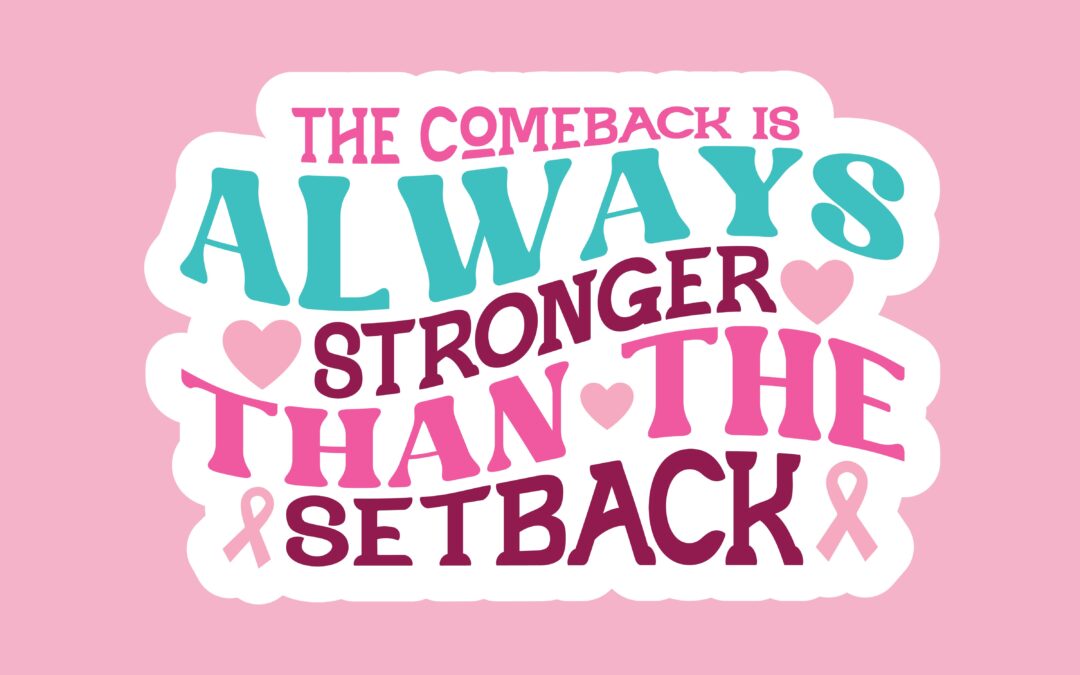Every New Year, countless individuals embark on a journey of self-improvement by setting resolutions, with one of the most common goals being sobriety. While the start of a new year symbolizes fresh beginnings and opportunities, it’s essential to recognize that setbacks are a natural part of any transformative journey. In this comprehensive guide, we will explore how to turn setbacks into positive situations, especially for those who may have broken their New Year’s sobriety resolutions. We’ll delve into the importance of not succumbing to guilt, embracing self-forgiveness, and restarting goals with renewed determination. Along the way, we’ll provide statistics on the success rates of New Year’s resolutions to offer a broader perspective.
The Reality of New Year’s Resolutions
Before diving into the strategies for overcoming setbacks, it’s crucial to understand the broader context of New Year’s resolutions:
1. The Prevalence of Resolutions
New Year’s resolutions are a common tradition, with millions of people setting goals for self-improvement at the start of each year. Popular resolutions include weight loss, exercise, financial management, and, of course, sobriety.
2. Success Rates
According to statistics, the success rates for New Year’s resolutions are mixed. Research suggests that approximately 40% of individuals who make resolutions manage to maintain them for six months or longer. However, around 60% of people break their resolutions within the first six months.
3. The Role of Setbacks
Setbacks, whether in the form of lapses or complete relapses, are part of the journey to achieving resolutions. Understanding how to navigate these setbacks can make a significant difference in your ultimate success.
How to Turn Setbacks into Positive Situations
1. Release Guilt and Shame
Guilt and shame are common emotional responses to breaking a resolution. However, it’s essential to remember that setbacks are normal and do not define your worth. Instead of dwelling on negative emotions, release guilt and shame, allowing yourself to move forward with a clear mind.
2. Embrace Self-Forgiveness
Forgiving yourself is a powerful act of self-compassion. Recognize that everyone faces setbacks on their journey to self-improvement, and self-forgiveness is essential for growth. Reflect on the lessons learned from your setback and use them as stepping stones.
3. Reframe Your Perspective
Instead of viewing setbacks as failures, reframe them as opportunities for growth. Consider setbacks as temporary detours on your path to success. Each setback can provide insights into areas where you can strengthen your commitment.
4. Reconnect with Your Why
Reconnect with the reasons behind your resolution. Remind yourself why achieving this goal is essential to you. A strong sense of purpose can reignite your motivation and help you refocus on your objectives.
5. Adjust Your Goals
Sometimes, setbacks occur because the original goals were too ambitious or not well-suited to your current circumstances. Consider adjusting your goals to make them more achievable and realistic. Smaller, manageable steps can lead to lasting change.
6. Seek Support
Lean on your support network, whether it’s friends, family, a therapist, or a support group. Share your setbacks and challenges with those who understand and support your journey. Support can provide valuable perspective and encouragement.
7. Learn from Your Setbacks
Every setback holds valuable lessons. Take the time to analyze what led to the setback, including triggers and external factors. Learning from setbacks can help you develop strategies to prevent similar situations in the future.
8. Develop Resilience
Resilience is the ability to bounce back from setbacks and adversity. Cultivate resilience by practicing self-care, nurturing your mental health, and building coping mechanisms to manage stress and cravings.
9. Celebrate Small Wins
Recognize and celebrate your achievements, no matter how small they may seem. Each step forward is a victory on your journey. Celebrating small wins can boost your confidence and motivation.
10. Maintain a Growth Mindset
A growth mindset is the belief that abilities and intelligence can be developed through dedication and hard work. Embrace this mindset and view setbacks as opportunities to learn, adapt, and ultimately succeed.
Release, Embrace, and Reframe
Breaking a New Year’s sobriety resolution or any resolution, for that matter, can be disheartening, but it doesn’t have to be the end of your journey. Setbacks are a natural part of the process, and with the right mindset and strategies, they can become stepping stones toward lasting success. Release guilt and shame, embrace self-forgiveness, and reframe your perspective to view setbacks as opportunities for growth.
As you continue on your path to achieving your New Year’s resolutions, remember that you are not alone. Millions of individuals face setbacks on their journeys to self-improvement. Seek support, learn from your setbacks, and develop resilience to overcome challenges. Celebrate your progress, no matter how small, and maintain a growth mindset that keeps you focused on your ultimate goals. By navigating setbacks with resilience and determination, you can turn them into positive situations and achieve the resolutions that matter most to you.

